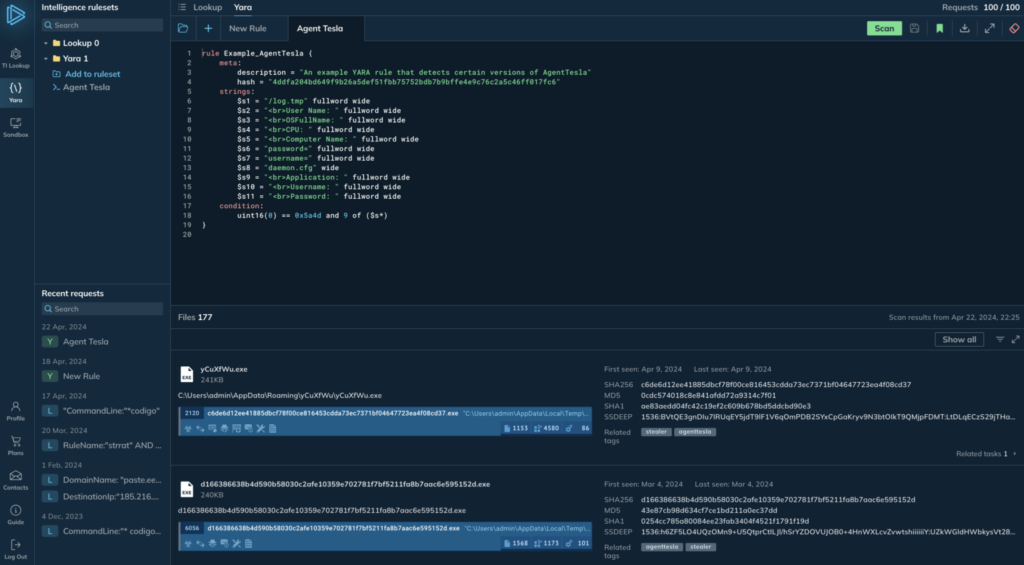From gbhackers.com

Microsoft released multiple product security patches on their April 2024 Patch Tuesday updates.
One of the vulnerabilities addressed was CVE-2024-26218, associated with the Windows Kernel Privilege Escalation vulnerability, which had a severity of 7.8 (High).
This vulnerability relates to a TOCTOU (Time-of-Check Time-of-Use)Race Condition that could be exploited.
Successful exploitation of this vulnerability could allow a threat actor to gain SYSTEM privileges.
This vulnerability existed in multiple versions of Windows 10, Windows 11, and Windows Server (2019, 2022).
However, Microsoft has patched this vulnerability, and users are advised to update their Operating Systems accordingly.


